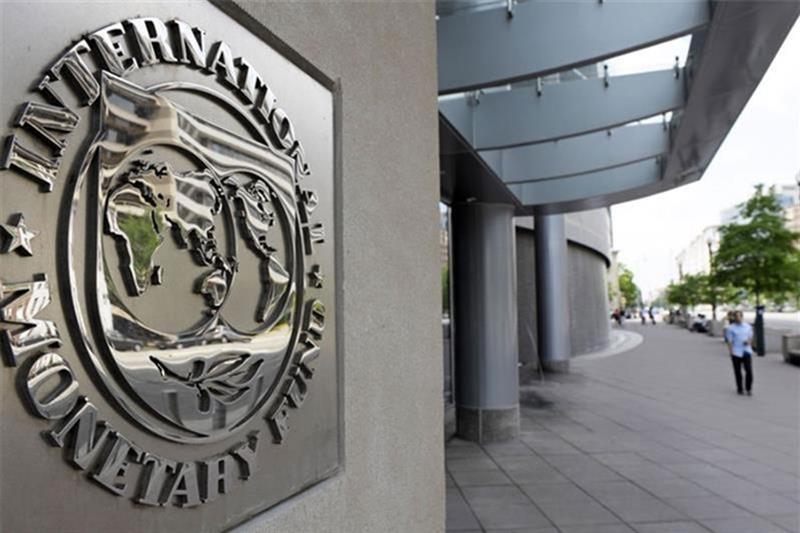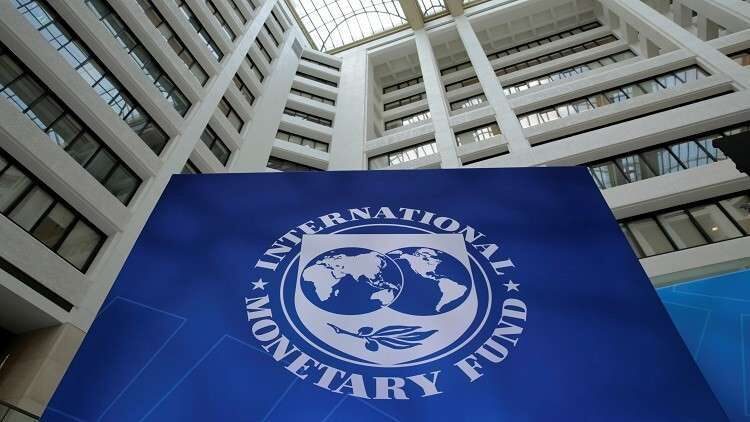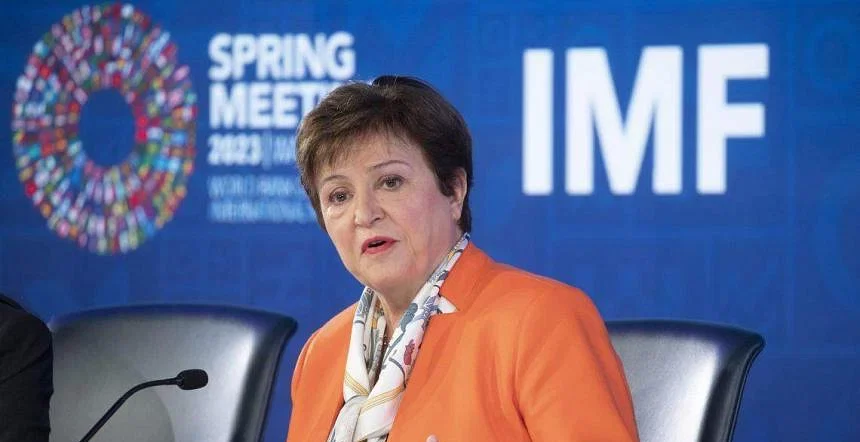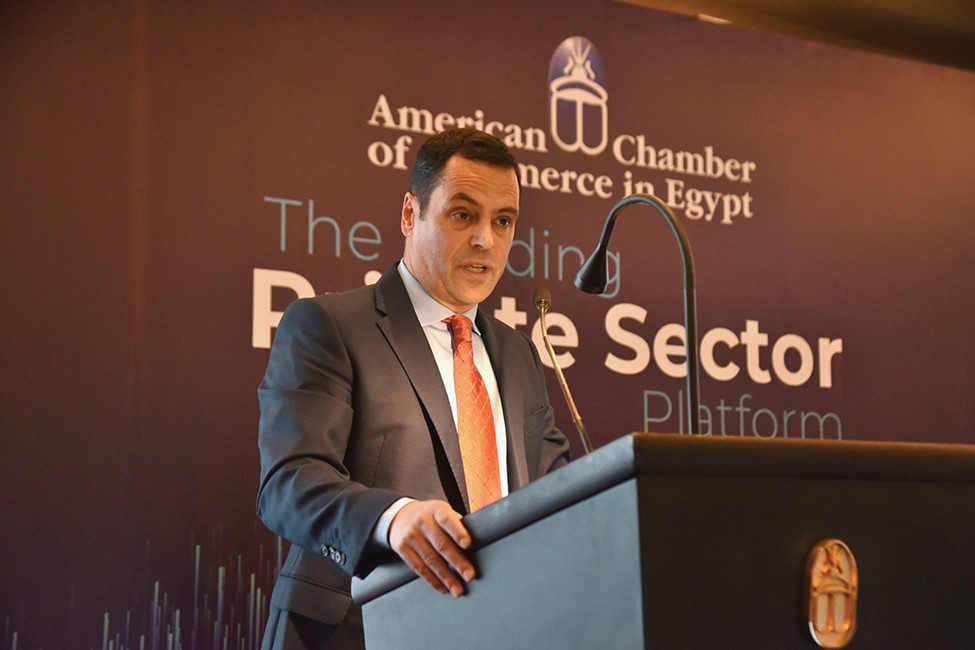The International Monetary Fund (IMF) has maintained its forecast for Egypt’s real gross domestic product (GDP) growth in 2024 at 3%, consistent with its January projection. However, this projection reflects a 0.8% decrease from the estimate for 2023.
GDP growth
According to the World Economic Outlook (WEO) report released Tuesday, the IMF anticipates Egypt’s GDP growth to rebound to 4.4% in 2025. The Fund attributed its outlook to the tightening of the monetary policy and the appreciation trend of the local currency.
The IMF had predicted earlier that Egypt’s GDP growth will drop to 3% in the current fiscal year 2023/2024, ending in June, due to substantial external shocks and a shortage of foreign exchange impacting the private sector, according to the IMF’s Mission Chief for Egypt, Ivanna Voladkova Hollar. In a press briefing, Hollar mentioned that Egypt’s real GDP growth is anticipated to rebound to nearly 4.5% in the upcoming fiscal year 2024/2025.
The report also projects that Egypt’s inflation will peak at 32.5% in 2024 before declining to 25.7% in 2025. The IMF had earlier projected inflation rates to remain high in the short term before averaging around 25.5% in fiscal year 2024/2025, decreasing to 15.25% by the end of the same fiscal year.
Hollar stated, “However, in the very near-term, the inflation forecast is quite uncertain, as much of the pass-through from the exchange rate unification may have already influenced prices. Additionally, recent appreciation trends in the official currency may alleviate some of the expected price pressures as currently forecasted.”
The report anticipates Egypt’s current account balance to surge to 6.3% in 2024, a notable increase from the 1.2% recorded in 2023, before sharply declining to 2.4% in 2024. This projection positions Egypt third among oil-importing countries in the Middle East and Central Asia region.
The report forecasts Egypt’s unemployment rates to decrease to 7.1% in 2024 and 7% in 2025, down from the 7.2% recorded in 2023. Egypt is expected to maintain the second-lowest unemployment rate in the region until 2025.
The IMF has recently expanded its Extended Fund Facility (EFF) loan deal for Egypt from $3 billion to $8 billion, completing the long-awaited first and second reviews under the program. Egypt has already received the first tranche of the loan, approved by the IMF in December, amounting to $347 billion.
After completing the two reviews, Egypt is eligible to receive two tranches totaling $820 million. Hollar stated that the third review under the program would be finalized before the end of June. The remaining five reviews will occur every six months, each with a total value of $1.3 billion, as per Hollar’s remarks.
“In general, the key consideration in the size of the tranches of IMF financing is related to the timing and the size of the balance of payments needs or the external financing needs of the member country. So, in determining the appropriate size of the tranches, in this case, the approved financing path took into account the timing and the availability of other financing to help external pressures,” Hollar explained.
Regional, global outlook
On a regional scale, the WEO report projects the Middle East and North Africa’s real GDP growth to reach 2.7% and 4.2% in 2024 and 2025, respectively, compared to 1.9% in 2023.
Regarding the MENA region’s inflation rate, the report projects a gradual decline to 15.4% in 2024 and 12.4% in 2025, down from the 16% recorded in 2023.
Globally, the report revised the world’s real GDP growth from 3.2% in 2023 to 3.3% in 2024.
Egypt’s economy
On March 6, the Central Bank of Egypt (CBE) raised key interest rates by 6% (600 bps), totaling an 8% (800 bps) increase since the beginning of 2024. Additionally, it opted to allow the foreign exchange rate to be determined by supply and demand in the local market. Following these measures, the Egyptian pound depreciated by approximately 80% against the US dollar, while the US dollar’s value surged by over 60%.
Regarding the recent Ras El-Hekma development deal, Hollar emphasized that the inflows resulting from such a deal are expected to diminish Egypt’s vulnerabilities and contribute to enhancing its economic prospects. She stated, “From that perspective, we understand from the commitment of the Egyptian authorities that a significant portion of these proceeds will be allocated to bolster gross international reserves, thereby enhancing Egypt’s resilience to future shocks. Moreover, approximately 50% of the local currency value of these proceeds will be utilized to reduce public debt.”
In February, Egypt agreed with the UAE to develop the coastal zone Ras El-Hekma, with a total foreign direct investment of $35 billion. Of this amount, $11 billion represents deposits from the UAE at the CBE, which will be directed towards the project. Prime Minister Mostafa Madbouly indicated that Egypt has received $15 billion out of the remaining $24 billion, with the country set to receive an additional $9 billion by May.
*This story was updated on April 17 to add the latest readings.







